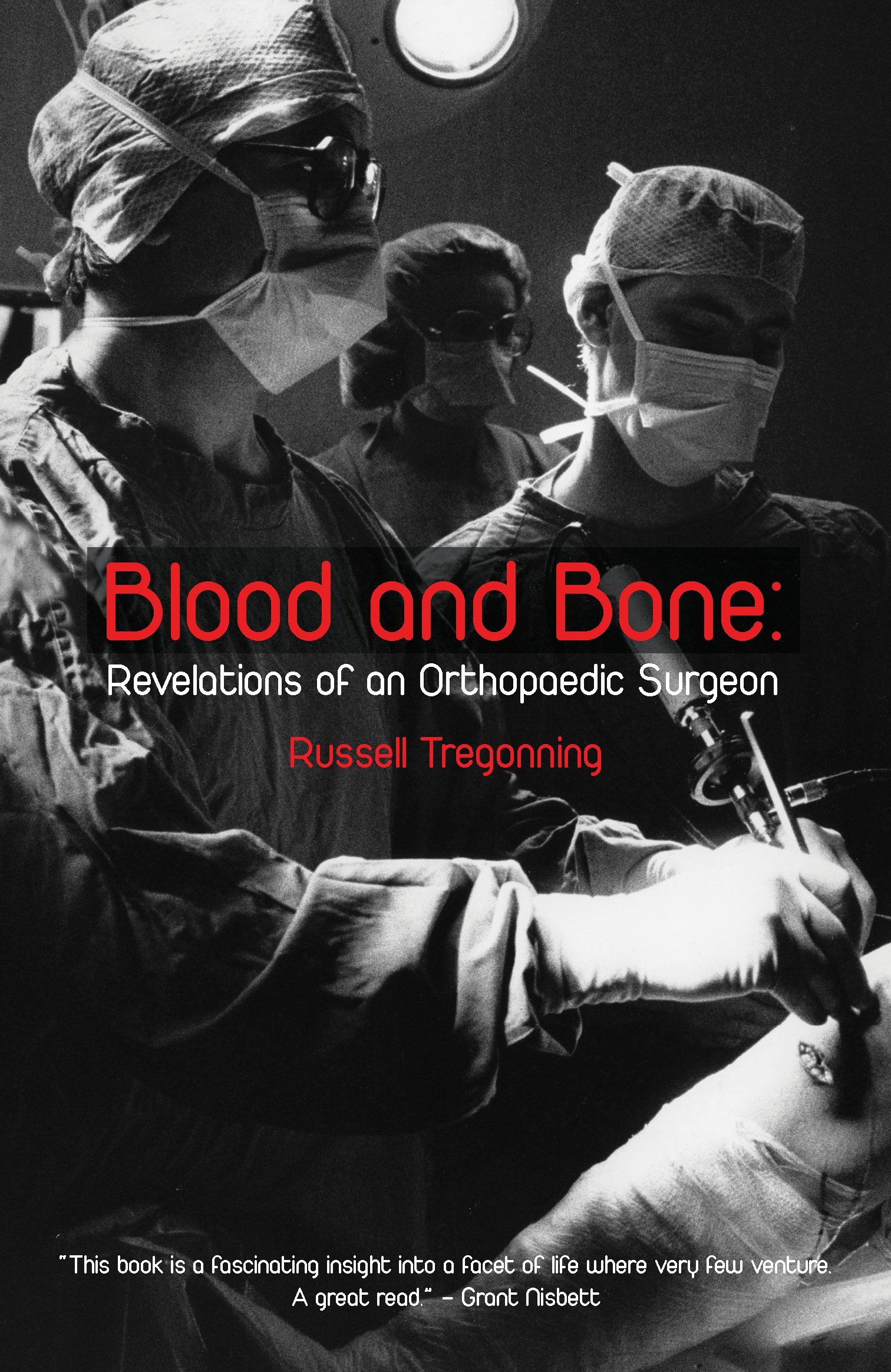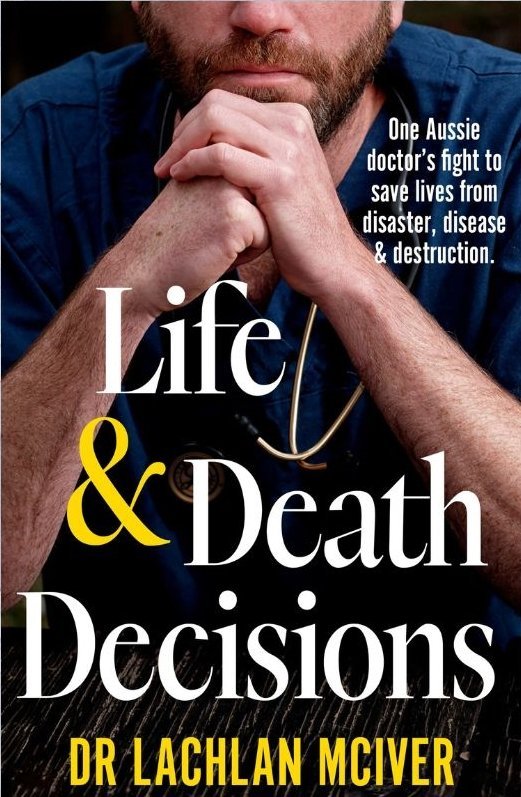BLOOD AND BONE
Russell Tregonning
Atuanui Press
LIFE & DEATH DECISIONS
Lachlan McIver
Ultimo Press
REVIEWED BY ELSPETH MCLEAN
Medical memoirs can help strip away any notion of doctors as god-like beings, as well as being informative, poignant, and sometimes entertaining.
Fans of the genre will not be disappointed by these works, one by New Zealand orthopaedic surgeon Russell Tregonning, and the other from Australian Dr Lachlan McIver, whose expertise includes rural and remote medicine, tropical medicine and public health.
McIver had not been born when Tregonning, who was brought up in Dunedin, began his training at the University of Otago’s school of medicine in the 1960s. McIver was drawn to rural medicine after finding his father dead from a heart attack near their home in far north Queensland in 1998 when he was 16. His father was 49.

Despite their age gap and the different trajectory of their careers, the doctors have much in common. This includes their concern about the need for urgent action to combat climate change because of its threat to human health. Indeed, McIver has said his cheeky little strategy was to use his clinical experiences and ‘‘personal shenanigans’’, which include alcohol abuse and bankruptcy, as a vehicle to get across serious messages about issues of climate change, drug resistant infections and health inequity.
It is a strategy that works. His fast-paced story, sharing his experiences in remote parts of Australia and a variety of far-flung countries, highlights issues such as the over-use of antibiotics.
As he says, new antibiotics are urgently needed as no new classes of them have been developed since the 1980s, but the ‘‘one fat, filthy dead fly in the ointment of that idea: the pharmaceutical companies can’t be arsed’’.
There is no commercial incentive for them to do it, because they could make more money developing cancer treatments or drugs to treat chronic conditions.
Both men write candidly about burnout and mental health struggles, McIver choosing to pursue treatment of his crippling depression with the plant-based psychedelic ayahuasca.
Tregonning, a former president of the New Zealand Orthopaedics Association and a senior clinical lecturer at the University of Otago, was a frontrunner in the evolving science of treatment for knee injuries. He describes orthopaedic surgery in unflinching detail, something that may not be for the squeamish.
He also covers issues of bullying and sexism in the health system, devoting a chapter to women as orthopaedic surgeons. Women entering the profession were actively discouraged when he first trained and it was not until 1983 the first woman entered orthopaedic surgical training in Australasia.

Unintended and undesirable complications are a fact of life with surgery. Tregonning has his own experience of that with ongoing nerve injury following his own hip replacement.
He writes about the impact of errors he had made, including his angst over an amputation of a 14-year-old’s arm because of a bone tumour which was later found to be benign.
Some years later the young man came to him for another injury. Tregonning said he seemed to be coping well although he did not like his artificial arm and did not use it.
‘‘He appeared to have accepted his fate. I never have.’’
Tregonning touches on his frustration over an unsuccessful push to increase medical students’ exposure to musculoskeletal medicine and more teaching involving actual patients. He points out musculoskeletal conditions are the second most common issues which patients present to their general practitioners, making up about 20% of their work, but the teaching time allocated to this aspect of medicine does not reflect that.
Now retired, Tregonning has swapped the scalpel for a different challenge, advocating for preserving and improving the environment. McIver is stationed in Switzerland, working as the tropical diseases and planetary health adviser at the headquarters of Medecins Sans Frontieres (Doctors without Borders).
Elspeth McLean is an ODT columnist and former health reporter.











